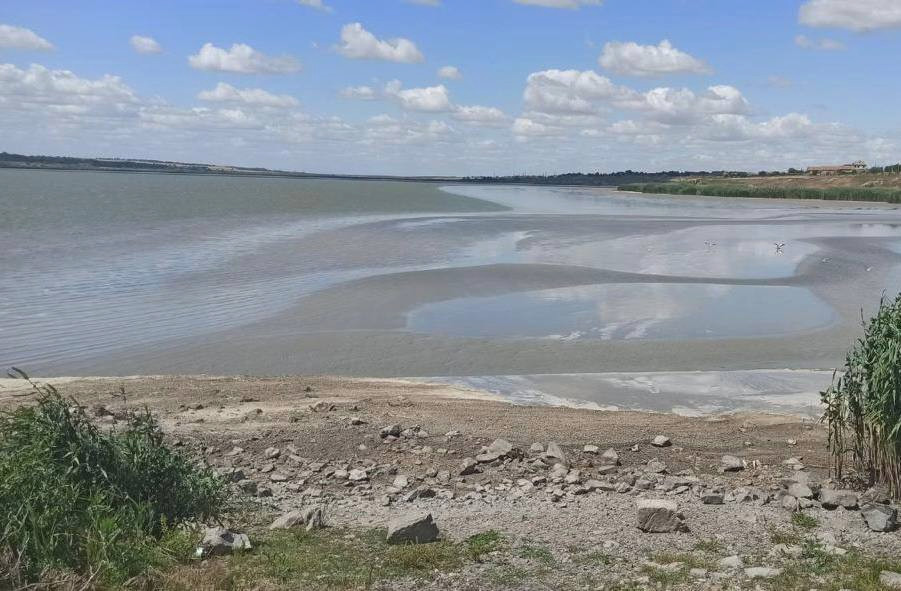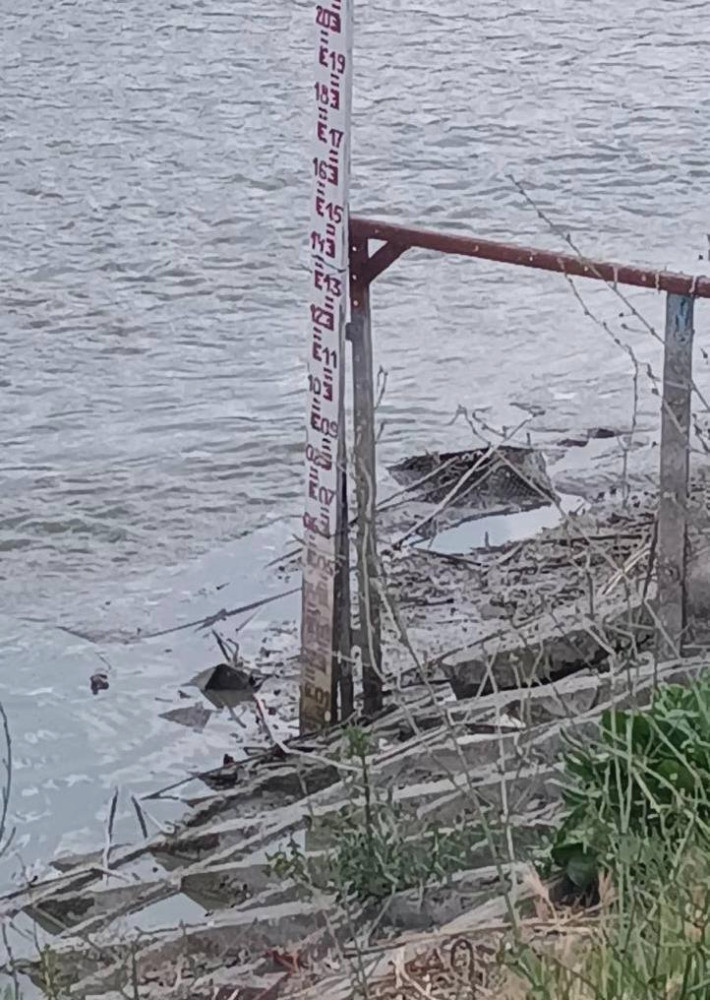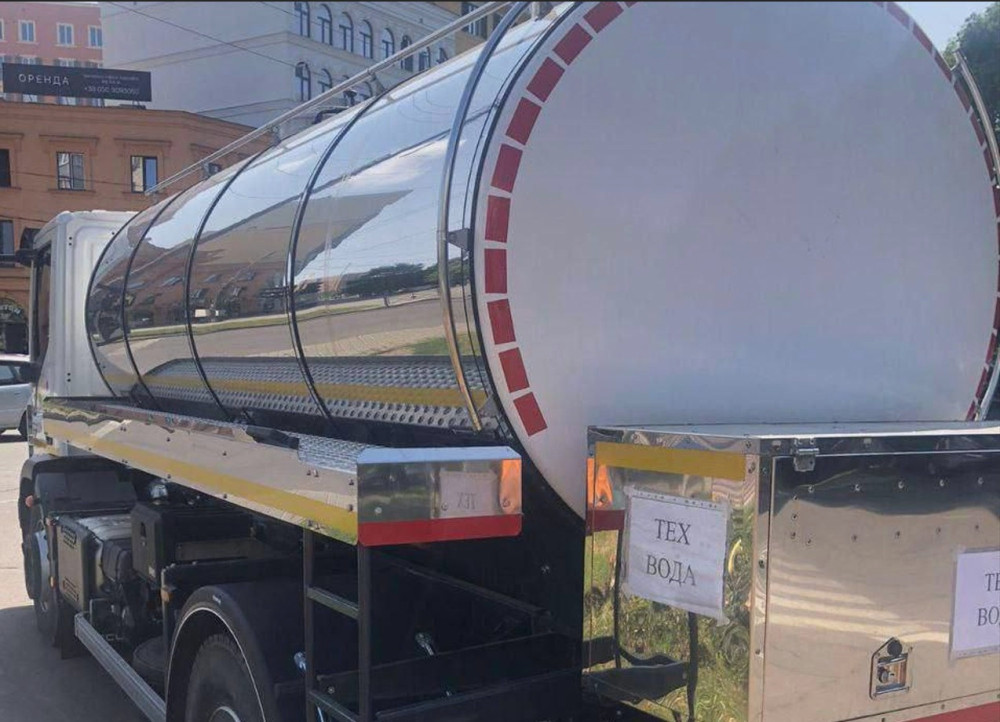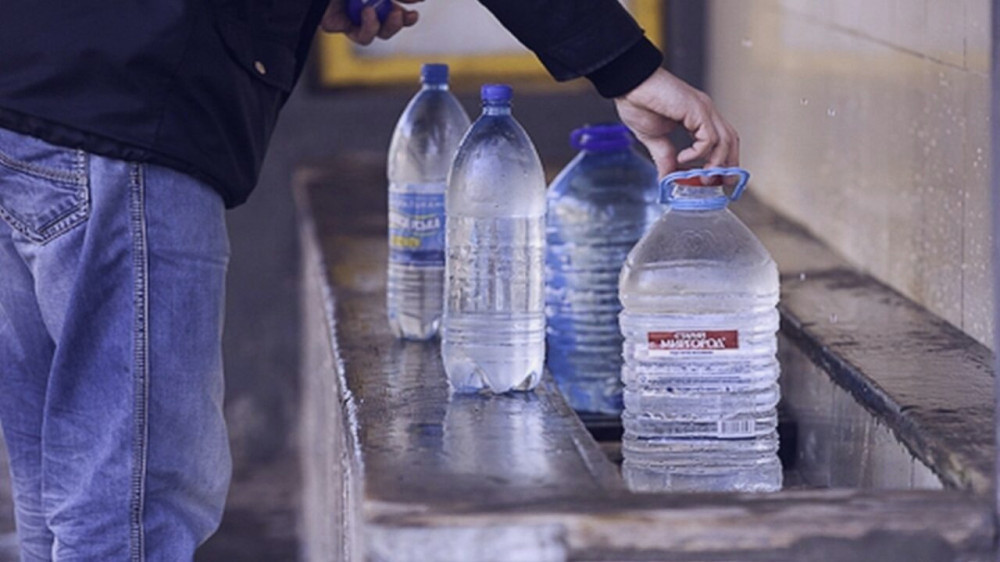Critical Water Supply Issues in the Izmail District
The Izmail district in the Odessa region is experiencing a severe water crisis due to a dramatic decrease in the water level of its main water source. This situation poses a significant threat to both agriculture and local residents.
According to the All-Ukrainian Agrarian Council, Lake Katlabukh, which traditionally provides water to southern Odessa settlements, is facing its worst crisis in years. The body of water is rapidly losing water due to a lack of timely replenishment and prolonged dry weather.
As of today, the lake is only 57% full, and experts predict it may reach critical levels by July 1st. This will disrupt the hydrological balance, severely degrade water quality, and threaten water supplies for the Izmail district, leading to biodiversity loss and crop failures across thousands of hectares.
A week ago, the water users' organization "Water of Life" sent an urgent letter to central and regional authorities demanding immediate intervention. This group includes farmers, communal enterprises, and private water consumers from the Lake Katlabukh basin.
The scale of the potential disaster is staggering. Approximately 15,000 residents of nearby settlements risk losing their water supply, while agricultural enterprises may suffer crop losses across more than 8,500 hectares.
“Water from the lake is utilized for household and agricultural needs. The population has no alternative water source. Wells are already drying up,” the official statement from water users indicates.
The greatest losses are expected in the agricultural sector, where 2,000 hectares of early grains and 6,000 hectares of corn, sunflowers, legumes, and vegetables are at risk. More than thirty farms, mostly small and medium-sized enterprises, may face critical losses or cease operations entirely.
A technical solution exists but requires immediate funding. Water users point to the necessary infrastructure available for replenishing the lake.
“According to the operating rules of the Katlabukh reservoir, once filled to the normal water level during floods, water must be pumped in the summer through a pumping station to maintain the lake's water level,” states the letter to the authorities.
The problem lies in the fact that this summer, the planned filling of the lake did not occur due to a lack of funding, despite allocations in the state budget for such purposes. Preliminary estimates indicate that approximately 43.4 million hryvnias are needed to fully replenish Lake Katlabukh to a safe level.
The situation is further complicated by the lack of alternative water sources in the region, and existing private wells are also beginning to dry up due to the overall decline in groundwater levels.









